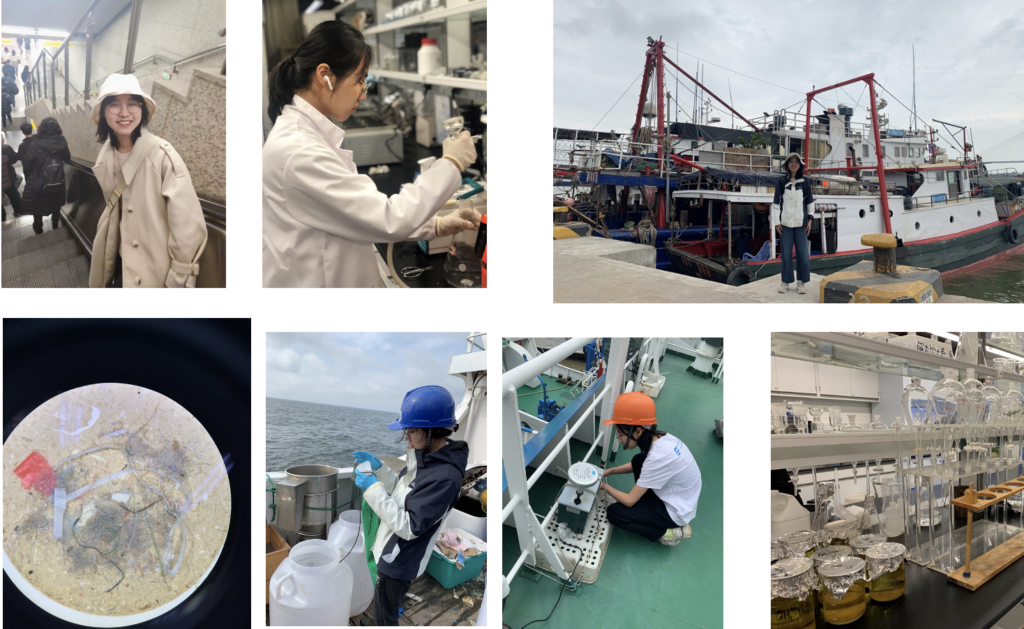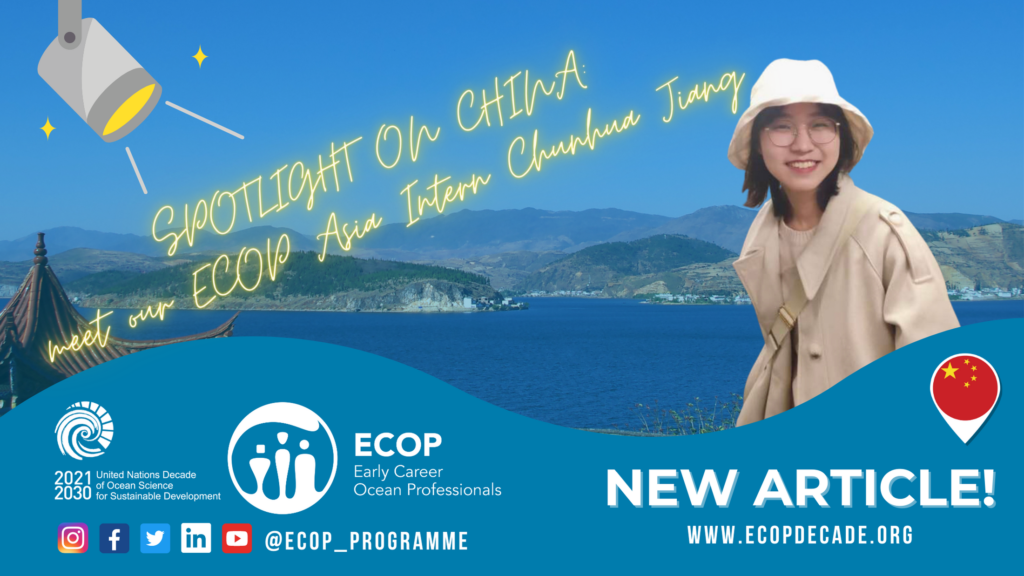I have done several things according to the assignments given by my excellent tutor Raphael during this internship. I was expected to complete two main tasks: building and maintaining a national ECOPs database for China and running a national survey.To meet the goals, initially, I read several documents and explored the ECOP website to better understand the Ocean Decade and its branches. Then I circulated a register survey on different social media in China to identify the potential Chinese ECOPs from different channels and as a pioneering survey for the upcoming national survey. After gaining enough experience by running it for one and a half months, the number of Chinese ECOPs tripled, and the promotion of the newly-designed national survey was shifted to the WeChat platform. In late Nov., I created a WeChat group called ECOP China network to spread the news about webinars and opportunities. The members are across disciplines and sectors; some are grassroots NGO members. The challenges that lie down the path were language barriers, intercultural communications, understanding the programme’s orientation and potential Chinese ECOPs’ behaviours. But this is also a learning process for me. The webinars introduced by the ECOP team are informative and meaningful; during the promotion process, I was engaged in and felt the harmonious and vigorous atmosphere of many communities.In the future, I’d like to help promote and establish some interior social accounts. There is more we can do for future Chinese ECOPs; building ECOP China node is the cornerstone. I will actively participate in activities held by the programme and strive to provide more opportunities for ECOPs.

4. Why do you think it is important for ECOPs in China to engage in the UN Decade of Ocean Science?
The UN Decade of Ocean Science provides a good opportunity for ECOPs in China. I roughly summarized most of the current Chinese ECOPs into three types. The first type is students/young scholars in academia, the principal constituent of Chinese ECOPs, but most can spare time for different activities because of the heavy workload. The second type is ocean environmentalists and people from NGOs, many of whom respond with language barriers. The third type is those who lack expertise in the ocean field but want to engage in SDG14 and care about environmental sustainability, seeking chances or channels to learn. Their common trait is looking for different opportunities.For ocean scientists, some regional fieldwork faced obstacles amid the Covid-19 pandemic, so regional cooperation benefits all ocean stakeholders; more funding opportunities can be shared in the network. For dedicated ocean environmentalists and other ocean industrial stakeholders, the Ocean Decade provides a platform to empower them.The ECOPs in China are also an important part of the UN Decade of Ocean Science. A lasting problem for a long time is that many Chinese ECOPs are willing to participate in the Ocean Decade, but they cannot find the information or do not know how to engage in it, or are not familiar with international norms, while people from other countries might be eager to hear the voices of Chinese ECOPs. Throughout the past year, more new programmes endorsed by the Ocean Decade were promoted, centres were set up in China, and it is time for Chinese ECOPs to make their voice.



